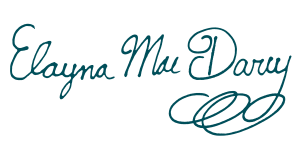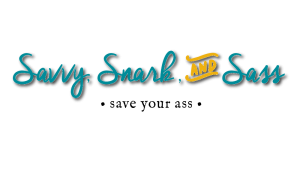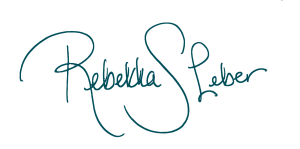Congrats, friends. We survived to 2018. That in itself is something worth celebrating. (cue the huzzahs!)
But now that we’re all here, it’s time to sit down, have some thoughts, and figure out how/what/why you want to tackle the projects you’re going to this year. Maybe you have plans to start something entirely new? Finishing up an old manuscript? Taking a break from writing to give your brain a rest? No matter what your goals are for this year, we here at IndiePen Ink want to help you kick off the year by providing a nice little listicle of some great resources for various writerly needs. Hopefully these will give you just the inspiration you need to start your year right.
BLOG POSTS TO INSPIRE YOU
This wonderful blog post by writer Eketi Edima was something I first encountered as a viral twitter thread. I stopped to read it, enthralled by her writing in general, only to get to the end and find myself teary eyed at the beautiful message she wrapped up in a fun, and deeply personal childhood story. If you’re looking for something to motivate you and remind you that good things take time, don’t miss reading this.
Making a Living as a Self-Published Fiction Author
This longread blog post by the folks at Sterling and Stone is a great read if one of your goals this year is seriously buckling down and turning your passion for writing into a money making career. While it isn’t a path for everyone, it’s what many of us dream to do – get paid to publish our fiction work. Their guide and step by step breakdown is really helpful if you’re interesting in tackling that this year, but aren’t sure where to begin.
WORKSHOPS TO MOTIVATE YOU
Finding yourself stuck on planning out your plot, or like you need some guidance in crafting your narrative? We got you. *fist bump* Inkademy is our very own writing workshop service, and our first one, Some Assembly Required, is available right now through Coursecraft! It’s an affordable price, and once you get it, you can access the materials at your own pace, whenever the writing spirit in you moves you to do so!
RESOURCES TO GUIDE YOU
Got a burning question you need to ask a librarian? Need to know how to conduct research at your own local library? Just wanna get lost in a hole of researching cool stuff here on the interweb? Then the IPI Research-a-Torium is about to become your new best friend. With new resources and links being added as we grow, this part of our site is entirely devoted to helping you have easy access to difficult to find topics. You can use it to submit a question to our in-house librarian, or just peruse the available information at your leisure!
Another site that is absolutely brilliant in terms of the infinity of resources it provides, is the tumblr blog Write World. With different categories and tags to help you sift through genre information, to fun inspirational posts that serve as story starters, they have a ton of pages that you can easily navigate. It’s eye-opening and fun, and great for visual thinkers. 11 out of 10 would recommend.
FUN STUFF TO ENCOURAGE YOU
John Green and his brother Hank have been making videos on their wildly popular channel, Vlogbrothers, for over 11 years now, and there’s no shortage of cool things this dynamic duo has managed to create. Last year alone, they launched 2 new conventions, and John at last published his first book in 5 years. This video of his makes some great points, including this one liner I need to take to heart this year…
“Prioritizing your career over your sanity? That’s dumb. Stop doing that.”
You’d be surprised to find that one of the best ways to find new book recommendations these days is through a visual social media app like Instagram, but man, is Bookstagram a fun corner of the internet for book lovers. Avid readers share staggeringly beautiful images of both the books in their queues and themselves, and this particular round up features nothing but Bookstagramers of color. These lovely book bloggers are out here reading and recommending some of the best #OwnVoices works out there. As you head into the new year, it’s important to remember how significant representation is, and that as ever, #WeNeedDiverseBooks. The best way to find them and support them is through checking out any one of these brilliant book lovers pages & giving them a follow.
Custom Scarves by Litographs (Literary Merch)
Ever wanted to wear your own story as a fashion statement? Need to keep your words physically close to your heart to remind you to keep at your book? Then goodness does Litographs have the thing for you. These wonderful scarves and other amazing merch which is adorned with the text of famous works. BUT! With this link, you can actually get your own scarf custom made featuring a chunk of text that YOU wrote! Pretty awesome, if you ask us.
_______________________________
That’s all for this article and inspiration round up, but feel free to share your own articles or pieces that have inspired you to start off right this year, in the comments below! We hope you have the best 2018, filled with magnificent adventures as you work towards your writing goals!
Carry on my wayward writers,









